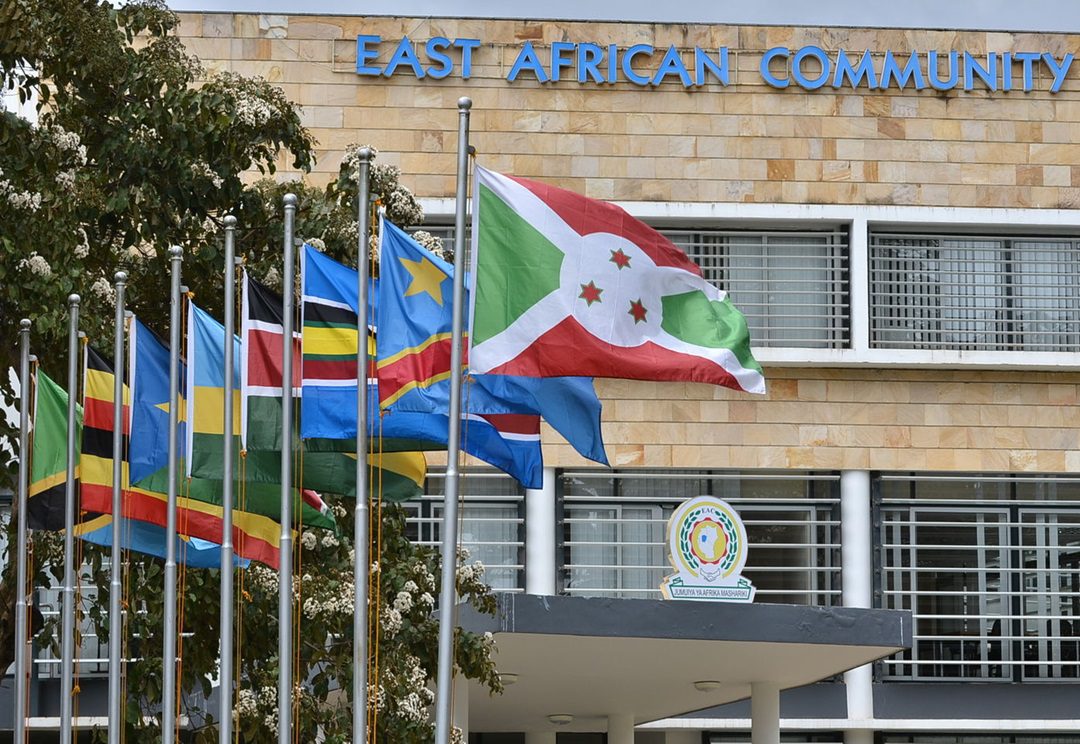The Digital Quality of Life Index series, also known as DQL has released its third annual issue.
The edition names Kenya 79th among 110 countries.
According to the report rounded up by cybersecurity firm Surfshark, the assessment covers 90 percent of the global population.
It evaluates countries based on a set of five fundamental digital wellbeing pillars.
Kenya showcases its best scores in e-security (54th) and e-infrastructure (58th), but shows comparatively low results in internet affordability (101st), internet quality (108th), and e-government (71st).
On the whole, Kenya has slightly dropped compared to DQL 2021, falling from 77th to 79th.
Kenya ranks 2nd in Eastern Africa, surpassing Zambia, Tanzania, and Ethiopia and 3rd in Africa. The country has the best e-infrastructure regionally, as the study suggests that around 85% of individuals use the internet in Kenya.
Furthermore, e-security in Kenya is 10% better than the global average and also comes 1st among neighbouring countries.
Nonetheless, the country has room for improvement in all digital wellbeing areas, especially internet affordability and quality.
Kenya has a similar GDP per capita as Nigeria, but the internet quality of both countries differs substantially.
Nigeria ranks 56th in the pillar, while Kenya barely makes it to the top 110.
People in Kenya have to work almost 13 hours to afford the cheapest broadband internet package, which is twice as much as the global average.
Moreover, people in South Africa have to work 9 times less than in Kenya to afford mobile internet and 8 times less to pay for broadband internet.
In an all-around picture, 6 out of 10 countries holding the highest scores are located in Europe, following last year’s trend.
Denmark ranks 1st in DQL for the second year in a row and is closely followed by South Korea. Finland ranks 3rd, while Israel and the U.S. round out the top five of 110 nations that were evaluated.
The bottom 5 countries are Ethiopia, Cambodia, Cameroon, Guatemala, and Angola.
Regionally, the U.S. stands out as a country with the highest digital quality of life in the Americas, while South Korea takes the leading position in Asia.
Among countries in Africa, people in South Africa enjoy the highest quality of their digital lives whereas Australia leads in Oceania, outperforming New Zealand in various digital areas.
Other significant findings of the report include:
- Broadband is globally less affordable this year. Comparing countries included in both DQL20 and DQL21, people have to work 11% more (25 min more) to afford broadband internet in 2021. However, people have to work 29% less (28 min less) to afford mobile internet this year.
- The world’s worst internet is the least affordable. People in some countries, such as Nigeria, Côte D’Ivoire and Mali require approximately a week’s worth of work to afford the internet.
- Investing in electronic infrastructure and electronic government contributes to people’s digital wellbeing the most.
“Digital opportunities have proved to be more important than ever during the COVID-19 crisis, stressing the importance for every country to ensure fully remote operational capacities for their economies,” – explains Vytautas Kaziukonis, CEO of Surfshark. “That is why, for the third year in a row, we continue the Digital Quality of Life research, which provides a robust global outlook into how countries excel digitally. The index sets the basis for meaningful discussions about how digital advancement impacts a country’s prosperity and where improvements can be made.”





























